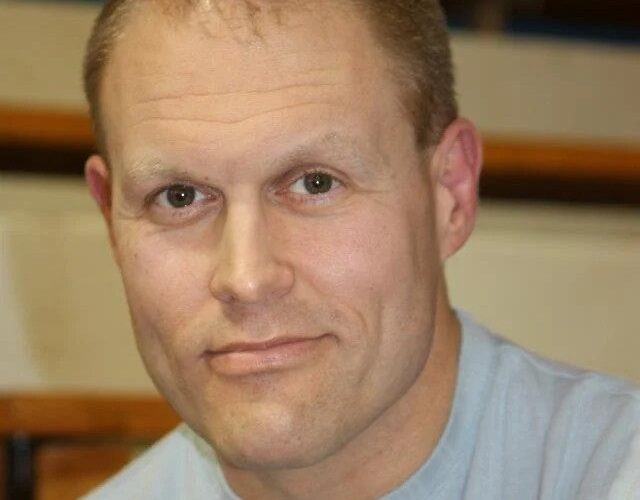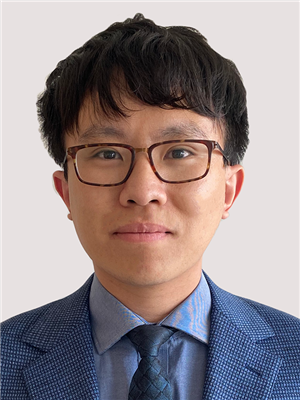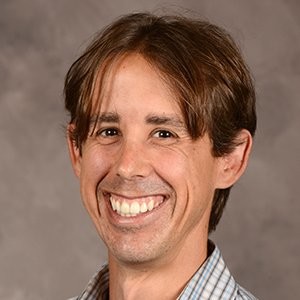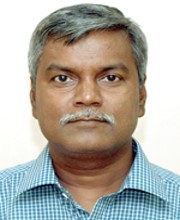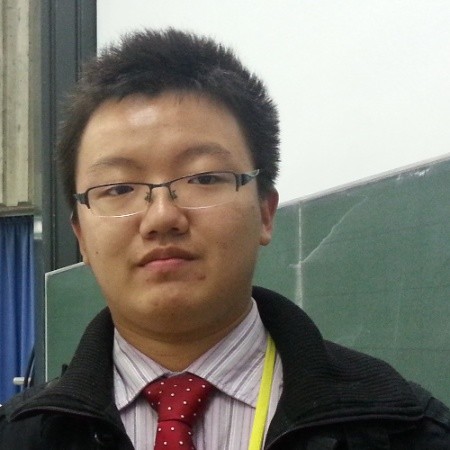In this reprisal of my keynote address at ACM CCS 2023, I will discuss user-authentication practice on the Internet and the development of the research community’s apathy toward it in the 2000s. While we were focusing on replacing passwords (versus improving their use), industry leaders by the late 2010s were decrying password reuse across accounts as the “No. 1 cause of harm on the Internet” and the cause of “99% of compromised accounts”.
Continue reading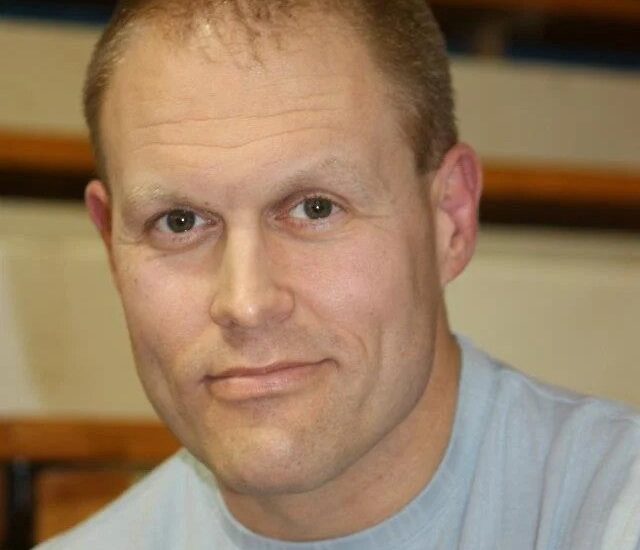
In this reprisal of my keynote address at ACM CCS 2023, I will discuss user-authentication practice on the Internet and the development of the research community’s apathy toward it in the 2000s. While we were focusing on replacing passwords (versus improving their use), industry leaders by the late 2010s were decrying password reuse across accounts as the “No. 1 cause of harm on the Internet” and the cause of “99% of compromised accounts”.
Continue reading
